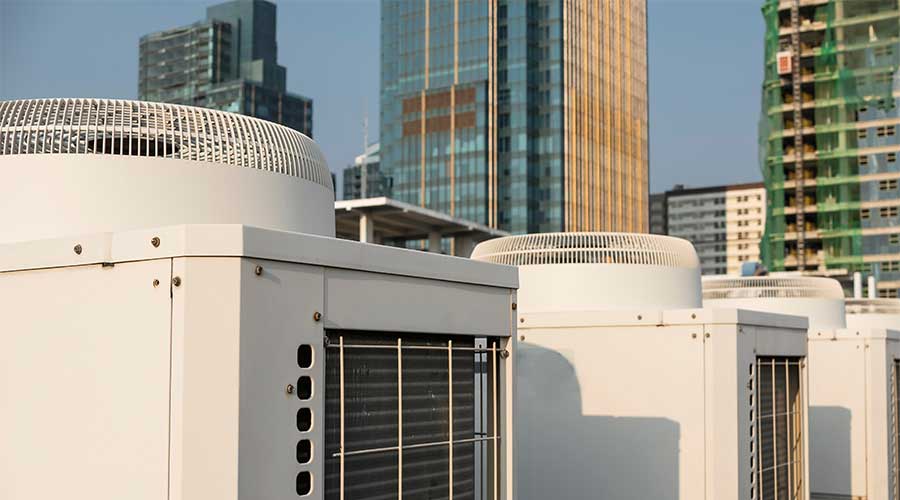Even small investments by hospitals in climate resiliency and climate change mitigation can yield meaningful results and, as a proof of concept, pave the way for a greater commitment to climate-related work, according to a new report from Essential Hospitals Institute,
The report, Advancing Climate Resilience and Mitigation at Essential Hospitals, presents findings from a second phase of Kresge Foundation-funded climate resiliency research by the institute, the research and education arm of America’s Essential Hospitals. Unlike the project’s first phase this new phase funded three member hospitals to conduct climate-related projects.
St. Luke’s Health System in Boise, Idaho, University of Arkansas for Medical Sciences, in Little Rock, and the University of California San Francisco Medical Center, each received up to $75,000 to support new or ongoing work to reduce waste, energy use, or greenhouse gases.
The hospitals took a variety of successful approaches to shrinking their carbon footprints, including reducing emissions of anesthesia gases, using automation to turn off lighting and air conditioning in elevators during periods of low use and conducting and acting on waste audits. The report details each project and the grantee’s perspectives on their work. It also offers five recommendations to hospitals considering projects to improve climate resiliency and mitigate climate change:
- Educate hospital leaders about the link between essential hospitals’ safety net mission and the disproportionate impact of climate change on their marginalized patients, and offer low-cost options to reduce emissions and waste.
- Set small, specific and achievable goals and build on them for future projects.
- Demonstrate the way investments in climate projects can yield meaningful cost savings to plow back into new work.
- Broadcast climate resiliency wins widely, and reframe return on investment to include environmental stewardship and staff engagement, as well as financial returns.
- Promote coalitions and partnerships with utility companies, local governments and other stakeholders to share best practices and extend the reach of climate work.

 Mature Dry Surface Biofilm Presents a Problem for Candida Auris
Mature Dry Surface Biofilm Presents a Problem for Candida Auris Sutter Health's Arden Care Center Officially Opens
Sutter Health's Arden Care Center Officially Opens Insight Hospital and Medical Center Falls to Data Breach
Insight Hospital and Medical Center Falls to Data Breach The High Cost of Healthcare Violence
The High Cost of Healthcare Violence EVS Teams Can Improve Patient Experience in Emergency Departments
EVS Teams Can Improve Patient Experience in Emergency Departments